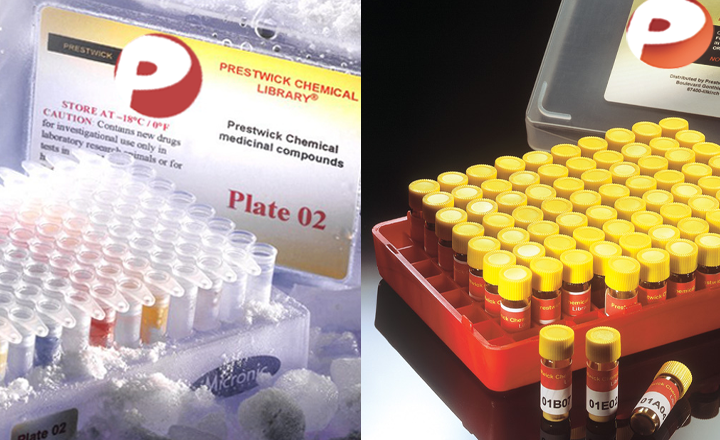Accumulation of Endogenous Free Radicals Is Required to Induce Titan-like Cell Formation in Cryptococcus Neoformans
García-Barbazán, I.; Torres-Cano, A.; García-Rodas, R.; Sachse, M.; Luque, D.; Megías, D.; Zaragoza, O.
mBio e02549-23 (2023)
Cryptococcus neoformans is an encapsulated yeast able to cause disease (mainly meningoencephalitis) among immunosuppressed patients, mostly HIV+
This yeast can form the so-called titan cells in vivo, which are cells of an abnormally larger size due to an increase in both the capsule and the cell body size (total size reaching between 50–70 μm). This phenomenon can be partially reproduced in vitro to obtain cells of an intermediate size (25–30 μm), which have been denominated titan-like cells. In this work, we have screened 1,520 compounds from the Prestwick Chemical Library and identified off-patent drugs that inhibited titan-like cell formation in vitro. We developed an automated fluorescence-based microscopy assay and identified 64 compounds as possible inhibitors of titan-like cells. We chose 10 of these compounds to perform dose-response curves and confirmed them as inhibitors of titan-like cell formation. Several of the compounds identified had antioxidant properties (i.e., retinoic acid), indicating a possible role of free radicals during titan cell formation. Using fluorescent probes, we found that there was an endogenous accumulation of reactive oxygen species (ROS) during cell growth, which was inhibited in the presence of retinoic acid. Furthermore, we found that during titanization, there were significant changes in the mitochondria, which is the main organelle where ROS are produced. We hypothesize that an intracellular increase of free radicals at the mitochondria might be a triggering signal to induce titanization.


